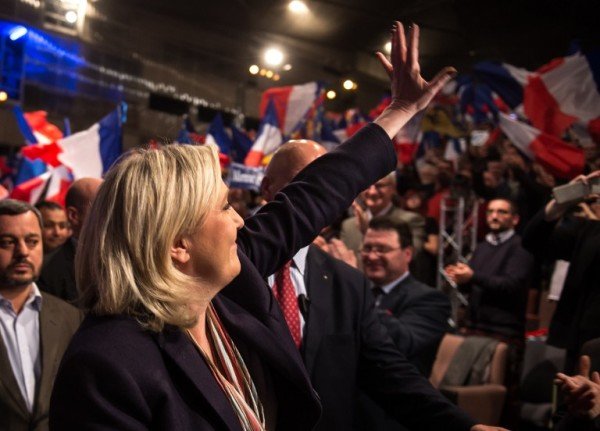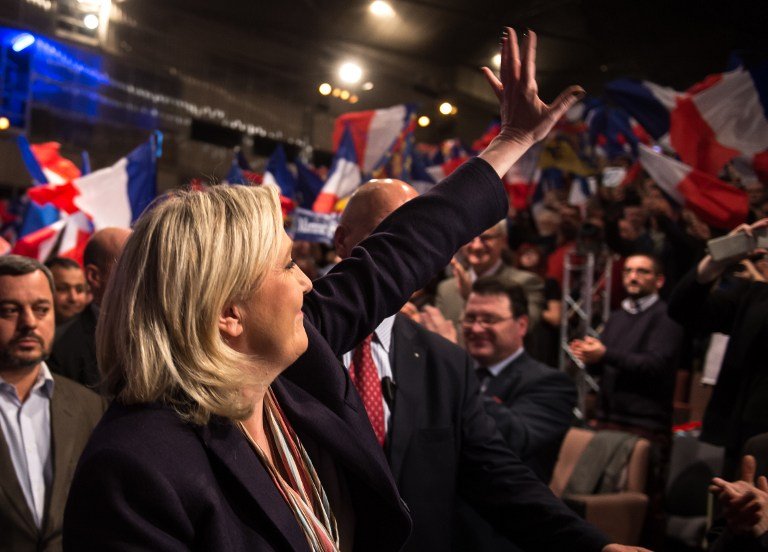Marine Le Pen’s Front National (National Front) appears to have made big gains in France’s first round of regional elections, estimates show.
They put the far-right National Front ahead in at least six of 13 regions in mainland France.
The elections are the first electoral test since last month’s Paris attacks, in which 130 people were killed.
The center-right Republicans party led by former President Nicolas Sarkozy appeared to be in second place ahead of the governing Socialist Party.
A second round of voting will be held on December 13.
As the results became clear, the Socialist party said it was withdrawing from the second round in at least two regions, in the north and the south, to try to block a run-off victory for the FN.
Exit polls from December 2 vote predicted that the FN had won 30.8% of the vote, followed by Nicolas Sarkozy’s Republicans on 27.2% and President Francois Hollande’s Socialists with 22.7%.

FN leader Marine Le Pen, who stood in the northern region of Nord-Pas-De-Calais-Picardie, and her niece Marion Marechal-Le Pen, who stood in Provence-Alpes-Cote d’Azur in the south, both looked to have won more than 40% of the vote, polls predicted, breaking previous records for the party.
Marine Le Pen told supporters it was a “magnificent result” which proved the FN was “without contest the first party of France”.
In previous years, the center-right opposition and governing Socialist party have worked together to block the FN.
However, Nicolas Sarkozy said there would be no “tactical alliances” in the second round.
French regions have wide powers over local transport, education and economic development.
The far right has been steadily gaining votes over the past few years from both left- and right-wing sympathizers through a mix of nationalist and pro-welfare policies.
In the lead-up to the election, opinion polls suggested that the popularity of the anti-immigration, anti-EU National Front had increased since the Paris attacks on November 13.
The election has been held under a state of emergency declared after the Paris attacks, which were claimed by Islamic State militants.
The FN is hoping a strong performance will boost Marine Le Pen’s chances for the 2017 presidential election.
Meanwhile, the government’s response to the Paris attacks has boosted President Francois Hollande’s approval ratings – they have soared more than 30 percentage points to 50%.
However, this surge in personal popularity has so far not translated into greater approval for Francois Hollande’s Socialist Party, which is trailing with about 22%.
PM Manuel Valls made an “appeal to patriotism” on December 3 in an effort to rally the Socialist vote.
Assemblies are being elected in the 13 regions of metropolitan France and in four overseas territories.
https://www.youtube.com/watch?v=1ZKaOO6QArQ
